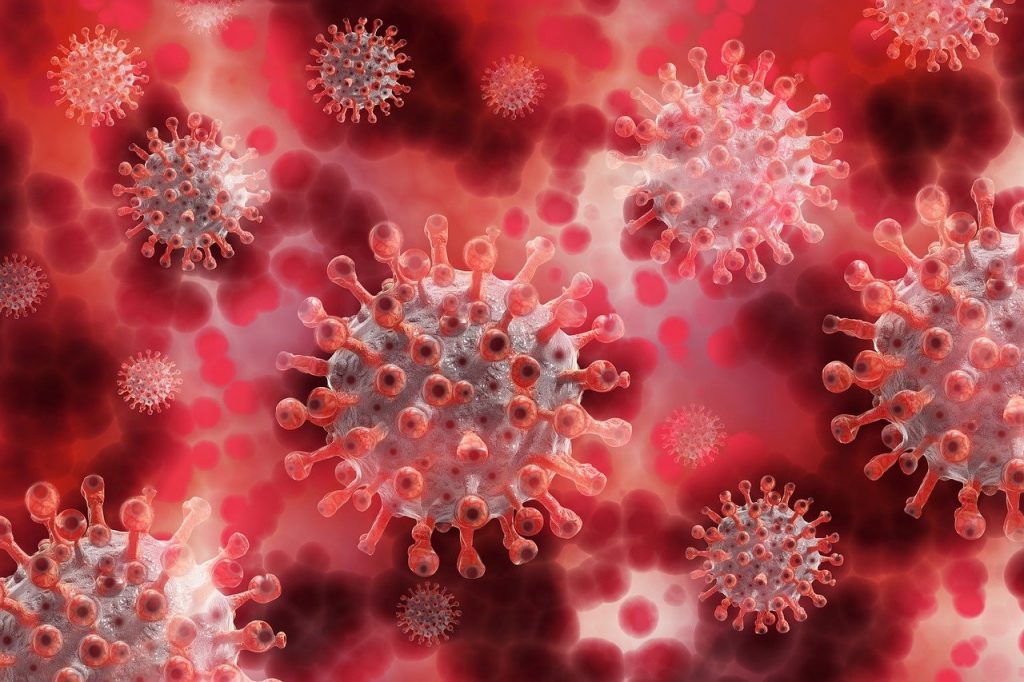While teenagers are the least likely group to be severely impacted by COVID-19 symptoms, their lives have been disrupted tremendously in other ways besides physical health.
Routine is important to teens. Waking up, going to school, coming home, and repeating, was what they were used to. Suddenly, in March of 2020, classes were online and we were quarantined away from our friends. This served to be a large challenge for adolescents who were unprepared to be so far from their friends and peers. Younger children are able to stay in their homes happily and adults have passed the stage of development in which they need constant social interaction- but teens are in the prime of this stage. We are extremely invested in our social lives and interacting with people outside of our nuclear families. When we go to school everyday, we are learning a lot more than just what is taught in class. Our social and emotional skills are growing as we grow into adults. Unknowingly, we have been teaching ourselves how to be good friends, students, and members of our community while figuring out how to maneuver through new social situations at school. Being sent home and away from our friends has put a halt to this type of growth, and we have to recognize that if and when society returns back to “normal,” teens will return with social setbacks.
Our sense of normalcy is dependent on how regular our days are. Setting up schedules that include social interaction outside of our families is crucial to continuing healthy emotional development. Teens need to be continuously learning in order to grow and allow our minds to develop, so encouraging them to learn something new everyday is important. Staying inside disallows us from moving around as much as we do at school, meaning that we should be fitting in exercise into our schedules, even if it just consists of taking a walk everyday. Most teens struggle to fit in the healthy 8-10 hours of sleep into their schedules during the school year, but we can actually take advantage of our time at home and make our sleeping schedules more consistent and for longer durations of time. This fixation will actually help reduce our stress levels and improve our mental health.
Now that our social interaction is limited to social media and everything is conducted on a computer or phone, teens are spending even more time on screens than before. The fix seems simple: limit our screen time. But it’s not so easy. Our screen time is the defining factor in our social well being as of right now, and limiting us can cause more harm than good. What we need to be focusing on is what kind of screen time we’re using. It should be well balanced, and more focused on interacting with our peers than being on platforms like YouTube or scrolling through the Instagram explore page. We must focus on continuing to develop our social and emotional skills and learning how to be functioning members of society even through this tough time.


